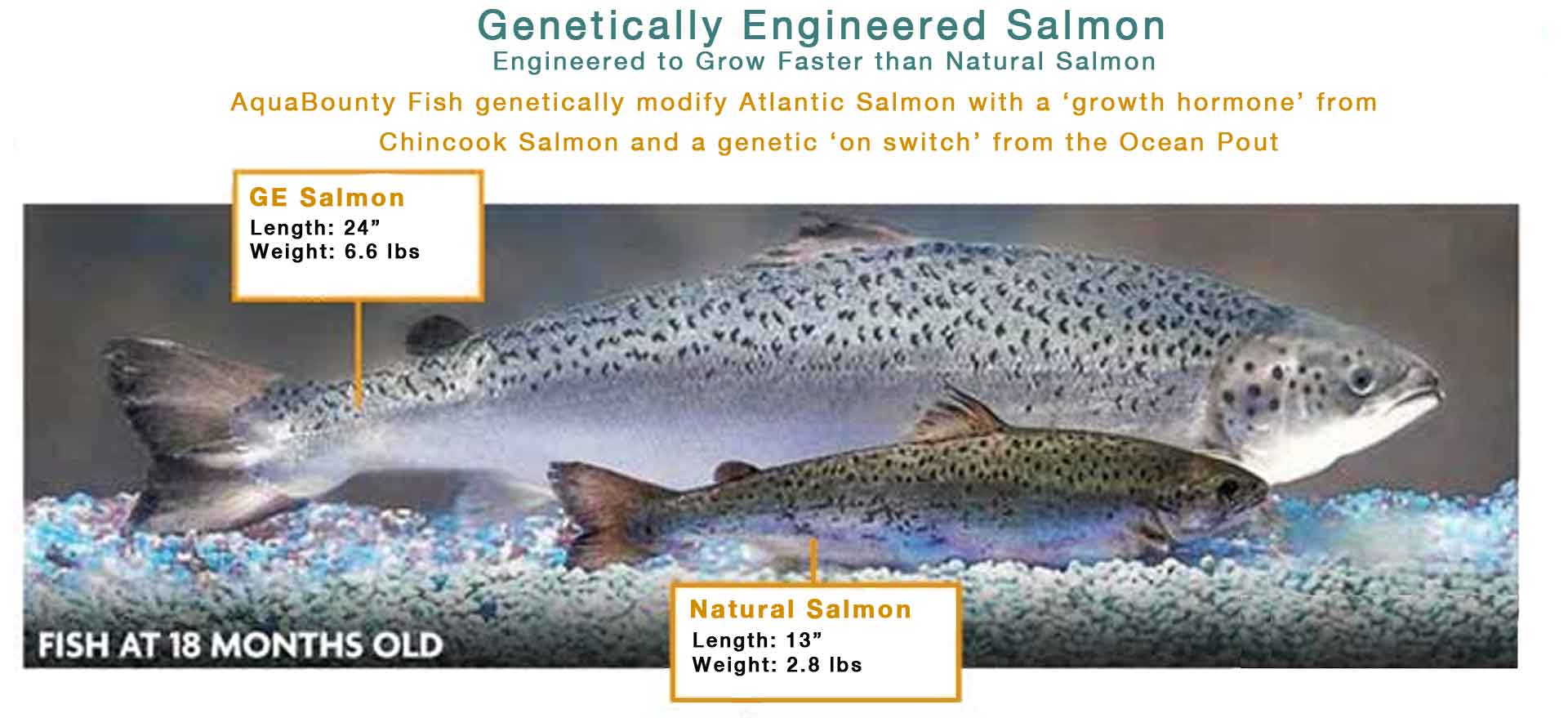Corporate actions happens for many reasons. Sometimes they are tied to economic shifts, other times ephemeral political winds are a trigger or as we all know technological revolutions like transgenics can cause major upheavals. This week two major agribusinesses have taken actions to correct some serious wrongs. Mind you, they are not admitting anything, they’re …
Today half of the world’s population of honeybees have disappeared. Not only are the honeybees vanishing, but the entire interdependent chain that links animal to plant life is being disrupted. As honeybees disappear, so do many naturally grown fruits and vegetables. A sad day indeed for humans. But aside from the food they pollinate, they …
A 2014 study in Food Chemistry shows high levels of glyphosate—the active weed-killing chemical in Monsanto’s Roundup—are turning up in thousands of nonorganic packaged foods including those labelled ‘natural’ and in animal feed for livestock like pigs, cows, chickens, and turkeys. BT Soy is the second largest crop in the US after BT corn. According …
Golden Rule: Always Wash Produce Before Eating Even If It’s Organic For your health and the health of your family, be committed. Always wash produce before eating. Whether just picked them from the garden or if the produce is marked as organic, wash thoroughly before consuming to remove the bacterial matter that may have deposited …
A new organic pesticide developed at New Mexico State University is showing great promise. Called NMX, the essential oil-based pesticide is a safe alternative to conventional chemical pesticides and solutions. NMSU Microbiologist Geoffrey Smith developed NMX with a team of three researchers, who discovered that a mixture of essential oils from common desert plants can …
Food is the single largest contributor to landfills today. In Canada, an estimated $27 billion in Canadian food annually finds its way to landfill creating unnecessarily high levels of carbon and methane. That’s approximately 40% of all the food we produce. As consumers, we are responsible for more food waste farmers, grocery stores, restaurants or …
The line between genetically engineered fodder and natural food is once again being blurred thanks to the Canadian government. Health Canada and the Canadian Food Inspection Agency rammed through approval of genetically modified salmon without public consultation or assessment of the potential effects on natural fish being affected by GM fish escaping into the wild …
Food Safety Magazine published an interesting study on food recalls. The publication tallied recalls from 2015 data from three different agencies—the U.S. Food and Drug Administration, the U.S. Department of Agriculture’s Food Safety and Inspection Service (USDA FSIS), and the Canadian Food Inspection Agency. The results produced some disturbing insights. According to the report, the …




